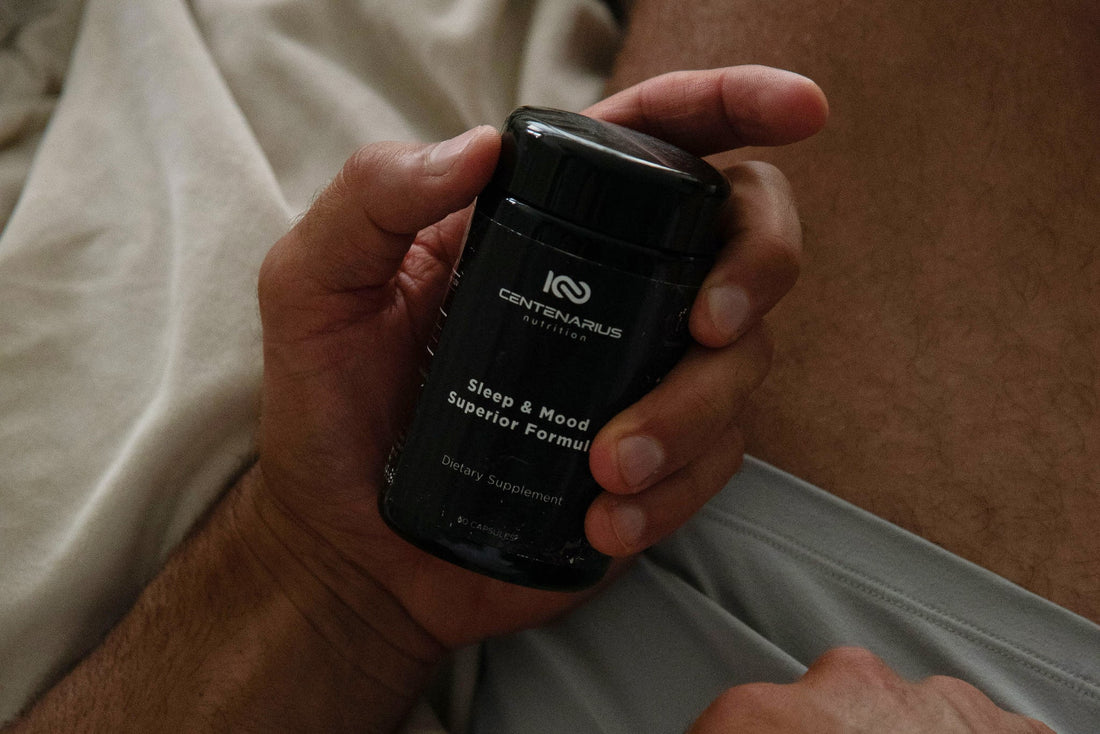Protein deficiency is a disease associated with insufficient intake and absorption of protein or its increased breakdown. A true protein intake deficiency can develop in people who have been malnourished, those who follow so-called mono diets, vegetarians, and people over 60 years. Secondary protein deficiency associated with its increased breakdown can accompany a number of diseases, such as severe forms of infectious diseases, burns, kidney disease, hereditary metabolic disorders. Protein is the basic building material of the body, so even mild forms of deficiency, which are asymptomatic on the surface, affect the ability to resist infection or the speed of wound healing, slow the growth of nails and hair, or cause dry skin. Severe protein deficiency can disrupt the normal function of all organs and systems.
External Manifestations of protein deficiency:
- general weakness;
- progressive weight loss;
- hair brittleness, dullness, and loss;
- brittle nails;
- dry and flaky skin;
- edema.
- drowsiness and increased fatigue;
- headaches;
- decreased mental activity;
- unstable mood;
- insomnia.
- muscle pain and, less frequently, joint pain;
- stunted growth (in children);
- decreased mass and visible volume of muscles;
- muscle weakness.
Manifestations on the digestive organs’ part:
- increased craving for sweets;
- diabetes mellitus due to increased breakdown of protein;
- nausea;
- abdominal pain and bloating;
- altered defecation pattern;
- enlarged liver.
Protein is one of the basic nutrients that perform the following functions in the body.

Construction – protein is part of all cells of the human body; it is the basis for the existence of life.
Aesthetic – proteins are involved in the formation of hair and nails, form the protective covering of the eye, cartilage, tendons and ligaments. Even something as smooth as skin is directly dependent on the protein it contains.
Motor and contractile. Protein is the main component of muscle tissue that makes it work.
Transport. Many proteins are able to bind to nutrients in the blood and transport them to organs and tissues. An example of a transport protein is hemoglobin contained in red blood cells (erythrocytes), which carries out oxygen transport.
Protective. The body produces specific proteins (antibodies) that provide protection against microorganisms and viruses.
Enzymatic. Enzymes are proteins that are involved in all chemical processes in the body (for example, in the digestion of food).
Hormonal. Most hormones in the human body are proteins.
Proteins are complex substances that, like a chain, consist of links called amino acids. The sequence of amino acids is individual for each body, so the protein that comes with food in the process of digestion is broken down to the level of individual links, from which it then composes its own sequence. Some amino acids can be formed in the human body, while others (also called essential amino acids) come only with food. The role of essential amino acids is so great that without them protein formation becomes impossible. If any essential amino acids are missing or not absorbed in the diet, the balance between protein breakdown and synthesis can shift toward breakdown and lead to protein deficiency.

Impaired absorption of essential amino acids is a hereditary pathology. The following diseases are the most significant in the development of chronic protein deficiency.
Phenylketonuria is the disorder of amino acid phenylalanine metabolism. Phenylalanine is involved in the formation of almost all proteins in the human body, especially the proteins of the nervous system. The disease is characterized by an absence or insufficient level in the liver of a special protein (enzyme) responsible for the assimilation of this amino acid. As a result, there is an excessive accumulation of it in the tissues.
Tyrosine exchange – tyrosine is an amino acid necessary for the formation of one of the main protein pigments of the human body, melanin, therefore, albinism (pale skin, discolored hair and iris) is one of the manifestations of its disturbed metabolism. Tyrosine is also required for the formation of thyroid hormones.
The correction of protein deficiency starts with replenishing protein volume and normalization of protein metabolism. One of the best ways to accomplish this is by supplementing with the Grass Fed Whey Protein Isolate. For this reason Centenarius Nutrition developed the most clean source of Protein using revolutionary ice cold cross flow micro-filtration that removes all fat, carbs and lactose ensuring a non bloating and ultra digestible form of protein.





